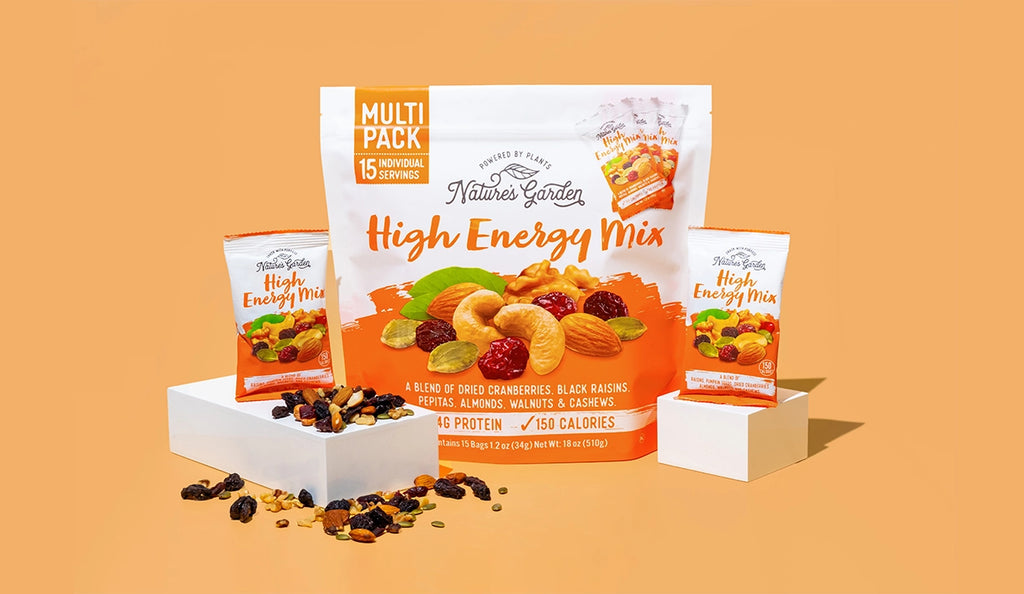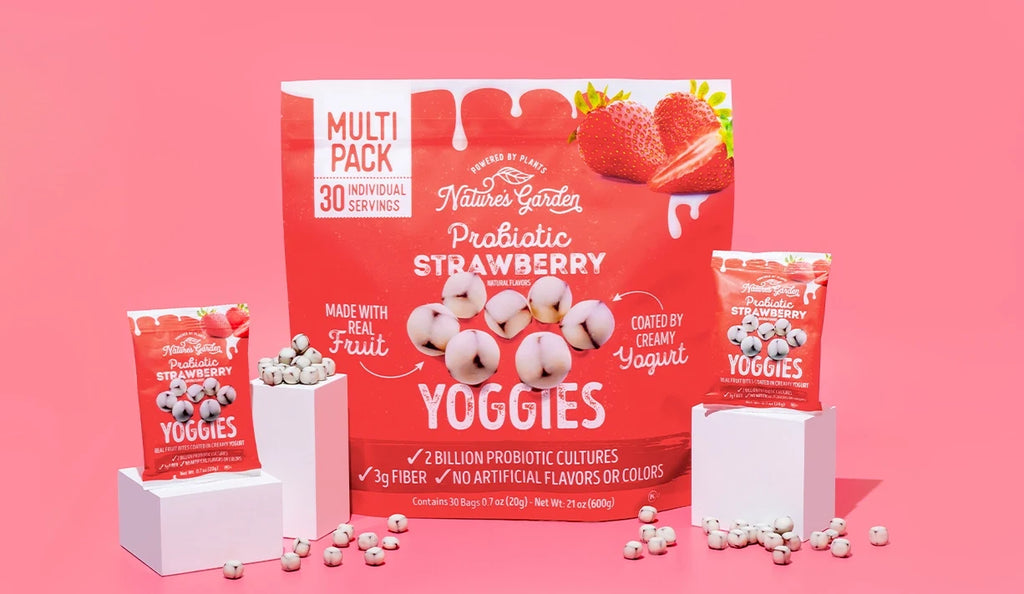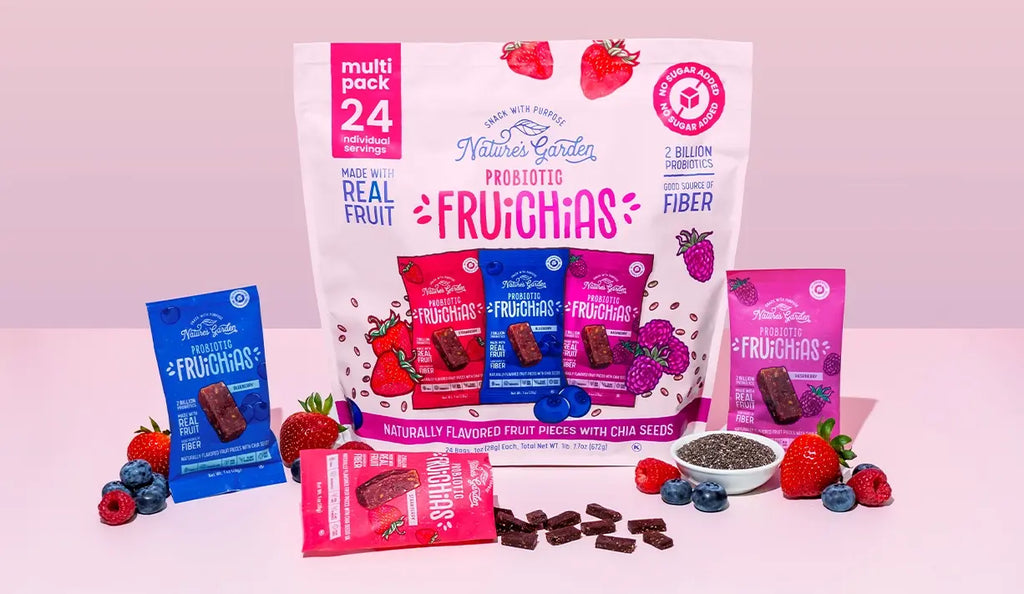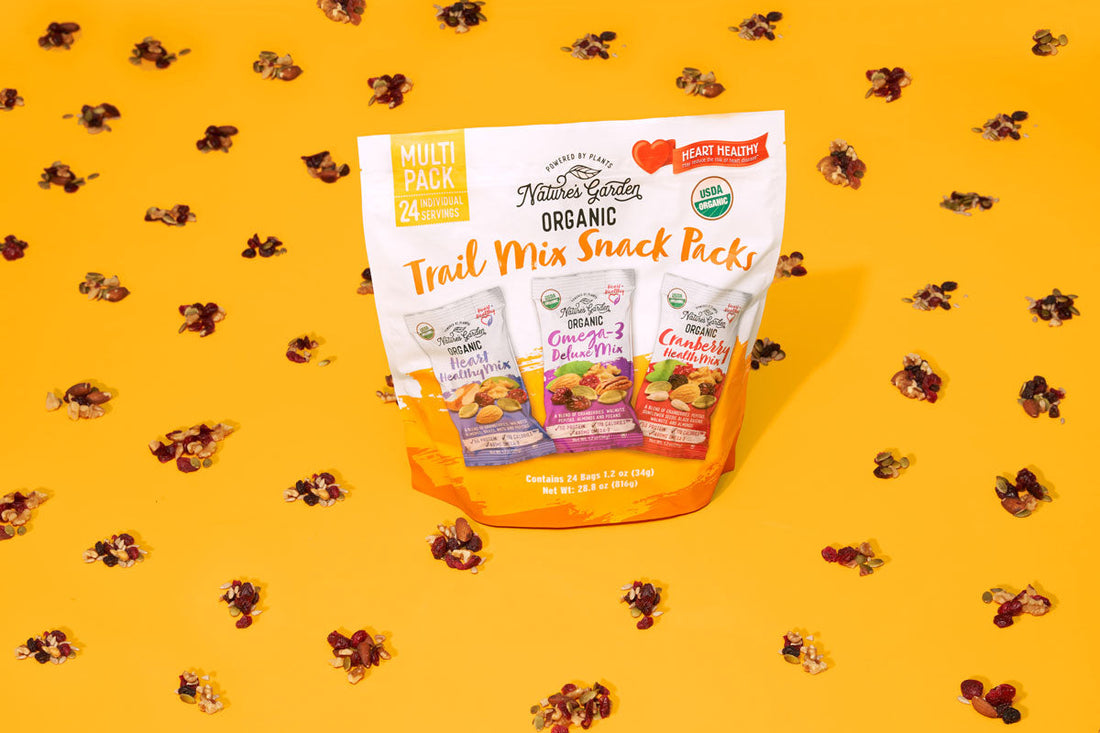The term “organic” is one that we constantly see in our world today, mainly referring to food we consume or products we use in our everyday lives like lotions or clothing items. So, what does it mean when something is organic? Organic refers to the way agricultural products are grown and processed. Organic farming practices aim to promote ecological balance and conserve biodiversity by using natural methods instead of synthetic inputs. Some common synthetic treatment methods involve the use of pesticides, herbicides, as well as chemical fertilizers. Consumers often choose organic products because they believe them to be healthier, safer, and more environmentally friendly.
Organic Healthy Snacks
Organic healthy snacks are a great way to fuel your body with nutritious ingredients while avoiding artificial additives and pesticides that are found in many processed items. Some easy organic healthy snacks to work into you or your families’ diets are:
- Fresh fruits and veggies: Packed with vitamins, minerals, fiber, antioxidants, and more either fresh or dried variations are essential to a healthy diet. Here is a selection of Nature’s Garden dried fruits.
- Nuts and seeds: Nuts like almonds and walnuts are packed with healthy fats, protein, and fiber. Here are a variety of Nature’s Garden’s artisanal nuts.
- Greek yogurt: Organic Greek yogurt is often high in protein and probiotics. It is also a tasty combination with dried fruit or nuts.
- Whole grains: The Harvard T.H. Chan School of Public Health notes that, whole grain foods provide fiber, vitamins, minerals, and other essential nutrients to our diets.
- Some good additional organic healthy snacks are:
- Nature’s Garden Trail mix
- Chia pudding
- Organic popcorn
- Hummus with veggie chips
- Rice Cakes with peanut or almond butter
- Dark chocolate covered nuts
Do Nuts Have to be Organic?
While consuming organic foods is the most sustainable and healthy way to eat, ultimately not all foods are organic. The organic requirements that must be met according to the USDA, “Organic products must be produced using agricultural production practices that foster resource cycling, promote ecological balance, maintain and improve soil and water quality, minimize the use of synthetic materials, and conserve biodiversity. Products must be:
- Overseen by a USDA National Organic Program – authorized certifying agent, following all USDA organic regulations.
- Produced without excluded or prohibited methods, for example: genetic engineering, ionizing radiation, etc.
- Produced using allowed substances.
In Bastyr University’s article, “The Ugly Truth about Almonds” M.S. of Science in Nutrition, Jenna Lee writes, “Pesticides cannot be used on organic nuts, which makes them a more sustainable choice in this case. Although organic nuts are more expensive than conventional nuts, they are a better option for reducing the amount of pesticides that end up in our water supply.” While nuts don’t have to be organic, both organic and conventional nuts can be found in our grocery stores, and the choice between them often depends on personal preference, dietary considerations, and budget. Organic nuts may appeal to those seeking to minimize exposure to synthetic chemicals, and support environmentally friendly agricultural practices, but conventional nuts can still be part of a balanced diet.
Do Walnuts Need to be Organic
While walnuts don’t ‘need’ to be organic, the choice to eat organic nuts or not depends on things like dietary preference, personal eating habits, and how much you’re willing to spend on the products. Walnuts in particular are an appealing addition to our diet because they have, “types of oils [in walnuts] that make them special when it comes to cardiovascular health. Walnuts contain a lot of polyunsaturated fatty acids, which are healthier than saturated fats. In addition, walnuts have alpha-linolenic and linoleic acids, which may have anti-inflammatory effects that keep blood vessels healthy, in addition to having favorable effects on blood lipids.” In a study done at Harvard Medical School on over 1,000 people on a walnut-rich diet compared to individuals on a regular diet, things like lower total cholesterol, lower LDL cholesterol, lower triglycerides, and lower apoprotein B, were reported. It is thought that the, “specific combination of fats and polyunsaturated fatty acids contained in walnuts may be particularly good for cardiovascular health.” While it isn’t necessary that nuts, or food in general be organic, the benefits of including organic products in our diets is easy to recognize. If you are interested in identifying organic foods, the USDA has, “four distinct labeling categories for organic products – 100 percent organic, organic, ‘made with’ organic ingredients, and specific organic ingredients.” For more organic snack ideas, visit Nature’s Garden’s variety here!
Nutritional Value Breakdown of Nature's Garden Organic Trail Mix


















1 comment
It would be nice to see a Nurtution label for each item. I don’t purchase anything without reading the Nutrition label.